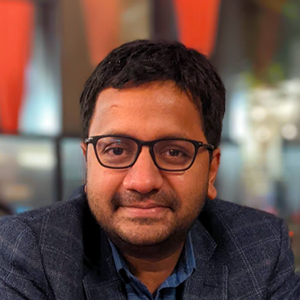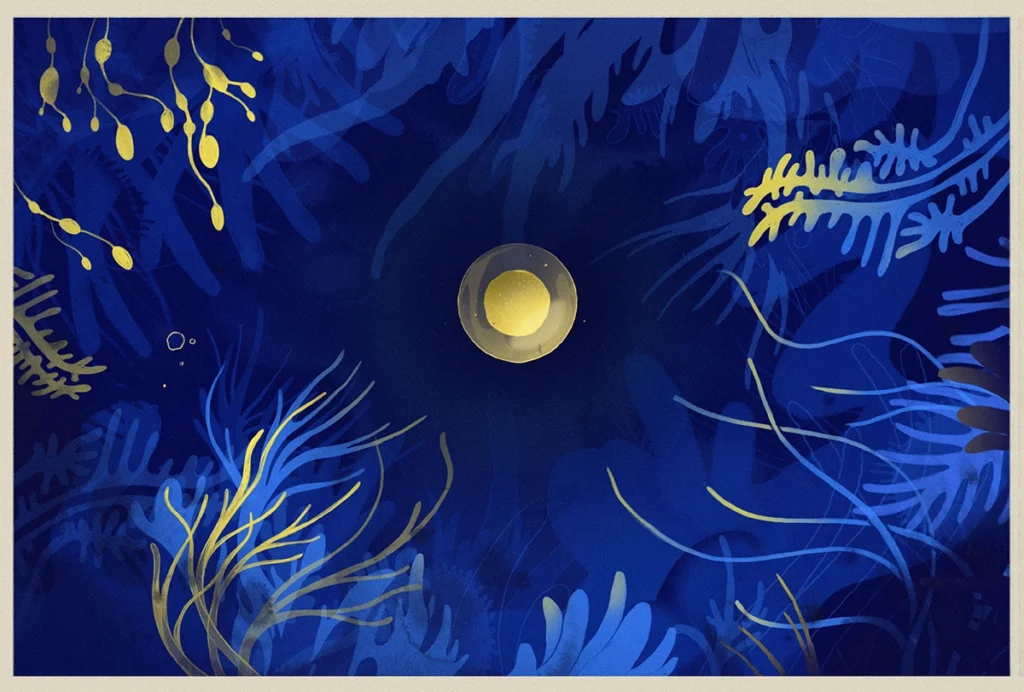Karthik Shekhar is John F. Heil Jr. Professor in the chemical and biomolecular engineering department at the University of California, Berkeley. His laboratory is cross-affiliated with neuroscience, vision science and the Lawrence Berkeley Laboratory. His interests are at the interface of neuroscience, genomics and applied mathematics, and his group uses both experimental and computational approaches to understand how diverse types of neurons in the brain develop and evolve, and how they become selectively vulnerable during diseases. He has received the NIH Pathway to Independence Award, the Hellman Fellowship and the McKnight Fellowship in Neuroscience. He also recently received the Donald E. Noyce Prize for Excellence in Undergraduate Teaching.

Karthik Shekhar
Assistant professor of chemical and biomolecular engineering
University of California, Berkeley
From this contributor
Building a brain: How does it generate its exquisite diversity of cells?
High-throughput technologies have revealed new insights into how the brain develops. But a truly comprehensive map of neurodevelopment requires further advances.

Building a brain: How does it generate its exquisite diversity of cells?
Explore more from The Transmitter
Lack of reviewers threatens robustness of neuroscience literature
Simple math suggests that small groups of scientists can significantly bias peer review.

Lack of reviewers threatens robustness of neuroscience literature
Simple math suggests that small groups of scientists can significantly bias peer review.
Dendrites help neuroscientists see the forest for the trees
Dendritic arbors provide just the right scale to study how individual neurons reciprocally interact with their broader circuitry—and are our best bet to bridge cellular and systems neuroscience.

Dendrites help neuroscientists see the forest for the trees
Dendritic arbors provide just the right scale to study how individual neurons reciprocally interact with their broader circuitry—and are our best bet to bridge cellular and systems neuroscience.
Two primate centers drop ‘primate’ from their name
The Washington and Tulane National Biomedical Research Centers—formerly called National Primate Research Centers—say they made the change to better reflect the breadth of research performed at the centers.

Two primate centers drop ‘primate’ from their name
The Washington and Tulane National Biomedical Research Centers—formerly called National Primate Research Centers—say they made the change to better reflect the breadth of research performed at the centers.